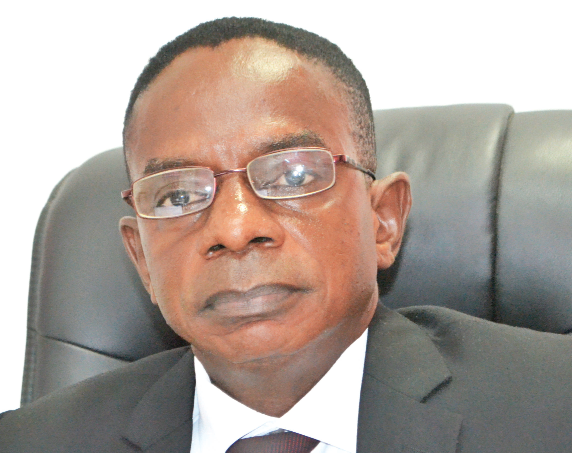
Surcharge irregularities - OccupyGhana to new Auditor-General
On September 7, this year while the Chief of Staff was busy writing to appoint Mr Johnson Akuamoah Asiedu as the Auditor-General, OccupyGhana, a pressure group, was also busy making new demands on the man who watches over the proper use of the national purse.
The group observed that the Auditor-General in the 2019 and 2020 Audit reports reneged on his power to issue disallowances and surcharges to all persons identified to have been either engaged in or responsible for the illegal use of public funds.
OccupyGhana insists that the 2019 and 2020 reports were replete with ‘irregularities’ that had led to the loss of huge amounts of government funds, which Article 187(7)(b) of the Constitution calls (i) ‘expenditure which is contrary to law,’ (ii) sums ‘not been duly brought into account’ and (iii) ‘loss or deficiency [through] negligence or misconduct.’
Yet, it said the Auditor-General had not exercised his powers of disallowance and surcharge.
The pressure group, in a letter dated September 7, 2021, signed by Mr Sydney Casely-Hayford, and addressed to the Auditor-General, therefore, urged it to issue disallowances and surcharges to all persons identified as having been either engaged in or responsible for the illegal use of government funds.
Mandate
However, the Auditor-General insists that he was doing the work as mandated by law and would not allow anybody to push him to do things that were not part of his work.
Mr Asiedu said irregularities identified in the Auditor-General’s reports were subjected to thorough examination before disallowances and surcharges were issued to persons responsible for them.
He said the practice was not done without evidence and that “our work is based on evidence and so as far as our duty is concerned, we are doing our work according to the laws of the state.”
Legal basis
Adducing legal arguments to buttress its demands, OccupyGhana said disallowances and surcharges were issues that were binding on the Auditor-General to do, and any omission constituted both contempt of the Supreme Court and a high crime under the Constitution.
“Sir, once you determined these had taken place, you did not have any discretion; you must disallow and surcharge.
It recalled that the Supreme Court in 2017 held in OccupyGhana v Attorney-General, that the exercise of the power to disallow and surcharge was mandatory, and no longer permissive, and could no longer be “at the whims and caprices” of the Auditor-General.
No more pre-2017 regime
OccupyGhana said the Auditor-General could not return to the pre-2017 regime where successive reports “contained a similar litany of plain theft of government funds, yet Auditors-General were content to make impotent recommendations that no one regarded, followed or enforced.”
The pressure group reminded the Auditor-General that each omission to disallow and surcharge was a blatant contempt of the Supreme Court and was also a ‘high crime' under the Constitution.
It said the Supreme Court, to ensure that the country did not slip back, made specific, binding consequential orders that required that the Auditor-General “shall take steps to recover' funds spent or lost, and ordered the Attorney-General to also ‘take all necessary steps to enforce the decision or steps taken by the Auditor-General.”
Forensic
In a defence of his mandate, Mr Asiedu explained that auditing was done using samples such as survey to make deductions and draw conclusions.
It therefore required a detailed investigation, known as forensic audit, to gather sufficient evidence to substantiate suspicions.
“Our work is based on evidence and so as far as our duty is concerned, we are doing our work according to the laws of the state.”
Mr Asiedu said his outfit had a surcharge and disallowance committee headed by a deputy auditor general and the legal team, which looked at such issues and subjected them to a thorough forensic examination.
Example
For instance, cash irregularity did not mean cash stolen since an institution might make payment for something but at the time of auditing it could not produce evidence of that.
The entity would then be given the opportunity to respond, he said.
“If they are not able to respond, we have in our office surcharge and disallowance committee headed by a deputy auditor general and our legal team and they will take out that issue we have identified as still outstanding to subject it to a thorough forensic examination,” Mr Asiedu explained.
The purpose of the examination was to gather enough evidence because disallowance and surcharge usually ended up in court for which Mr Asiedu explained evidence was critical in sending someone to court.
Law
Mr Asiedu called on Ghanaians to rest assured that the public purse was being protected and he was not rushing to please any individual but to work for the state.
“We have had training with some of the High Court and Supreme Court judges who have taken us through evidence gathering,” he said, adding that such judges had been able to explain why the Auditor-General lost surcharge cases.”
